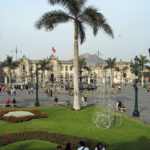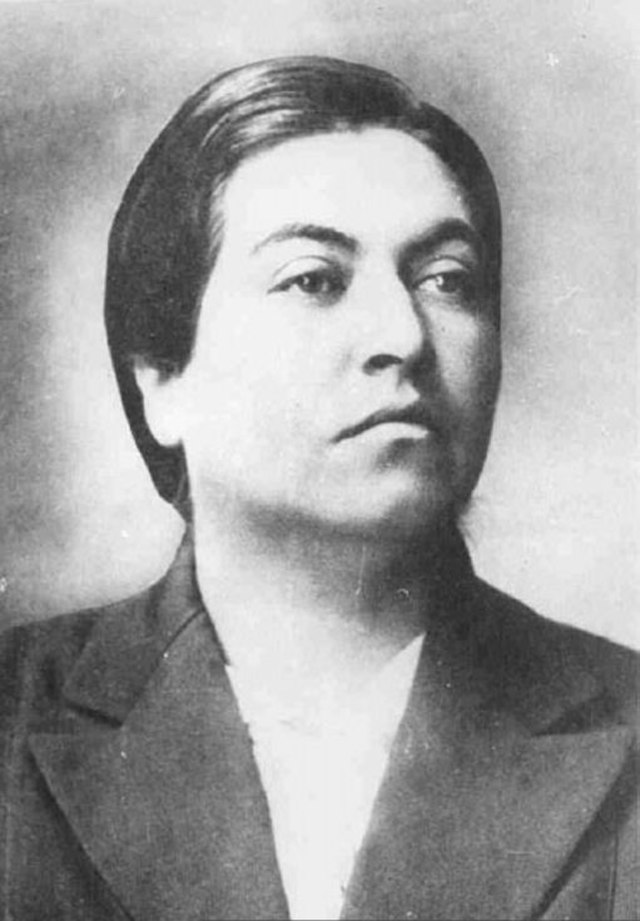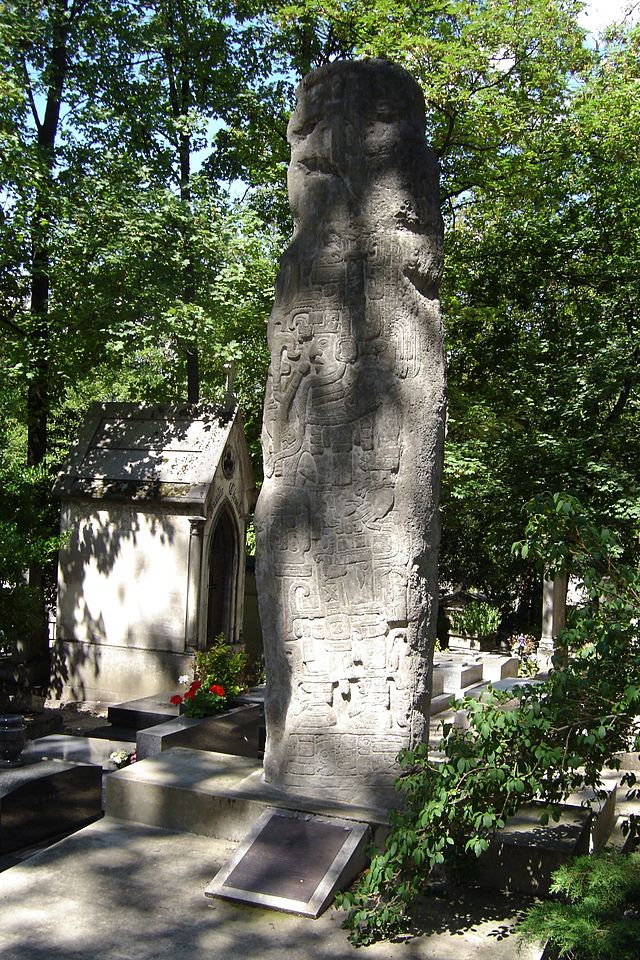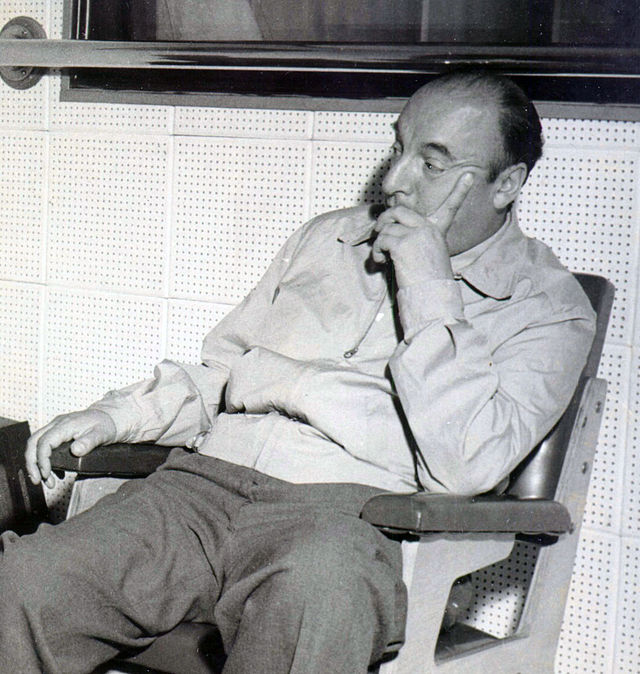Gabriela Mistral, the renowned Chilean poet, educator, and diplomat, left an indelible mark on the world through her literary contributions and tireless advocacy for education. As the first Latin American woman to receive the Nobel Prize in Literature in 1945, Mistral’s work not only captured the beauty of the human experience but also emphasized the crucial role of education in empowering individuals and fostering social transformation. This article explores the life, poetry, and educational philosophy of Gabriela Mistral, shedding light on her enduring legacy in the field of education.
Born Lucila Godoy Alcayaga in 1889 in Vicuña, Chile, Mistral’s early life was marked by adversity. She experienced the loss of loved ones, economic hardship, and societal prejudice. Despite these challenges, Mistral’s passion for education remained steadfast. She began her career as a teacher, working in rural schools, and eventually became an influential educational advisor and advocate on a global scale.
Mistral’s poetry, characterized by its lyrical beauty and profound sensitivity, served as a vehicle to express her views on education and social justice. Her verses echoed the plight of the marginalized, advocating for the rights of women, children, and the oppressed. Mistral believed that education was not just a means of acquiring knowledge but a powerful tool for liberation and social transformation.
In her acclaimed collection of poems, “Desolación” (Desolation), Mistral addressed themes of love, grief, and the struggles of the human condition. However, it is her poem “Meciendo” (Rocking) that encapsulates her commitment to education. In this poem, Mistral celebrates the transformative power of education, depicting a nurturing and inclusive educational environment where children from all backgrounds can thrive. The poem serves as a call to action, emphasizing the need to create inclusive educational spaces that foster creativity, compassion, and intellectual growth.
Mistral’s educational philosophy was deeply rooted in humanistic ideals, emphasizing the holistic development of individuals. She advocated for an education that went beyond the mere transmission of knowledge, focusing on the cultivation of moral values, empathy, and critical thinking skills. Mistral believed that education should nurture the emotional, social, and intellectual dimensions of students, fostering a sense of self-worth, cultural appreciation, and a commitment to social justice.
Central to Mistral’s educational vision was the recognition of the unique cultural and linguistic backgrounds of students. She celebrated the diversity of languages, cultures, and indigenous knowledge, arguing that education should value and incorporate these rich resources. Mistral’s belief in the importance of preserving cultural heritage and fostering bilingual education was groundbreaking, particularly at a time when indigenous languages and cultures were often marginalized or suppressed.
Mistral’s impact on education extended beyond her poetry. As an influential educational advisor, she was invited to serve as a consul and cultural attaché in various countries. During her travels, Mistral immersed herself in different educational systems, drawing inspiration and sharing her ideas on educational reform. Mistral’s commitment to inclusive education and social justice influenced the educational policies of several Latin American countries, leaving a lasting legacy in the region.
Moreover, Mistral’s work paved the way for the recognition of the transformative power of early childhood education. She emphasized the significance of nurturing young minds and providing a supportive environment that fosters curiosity, imagination, and creativity. Mistral’s belief in the importance of early childhood education as the foundation for lifelong learning has resonated with educators worldwide, shaping educational practices and policies.
Mistral’s influence on education is further reflected in her essays and speeches, where she advocated for equal access to education, particularly for girls and women. She argued that education was a fundamental right and a key catalyst for social progress.










